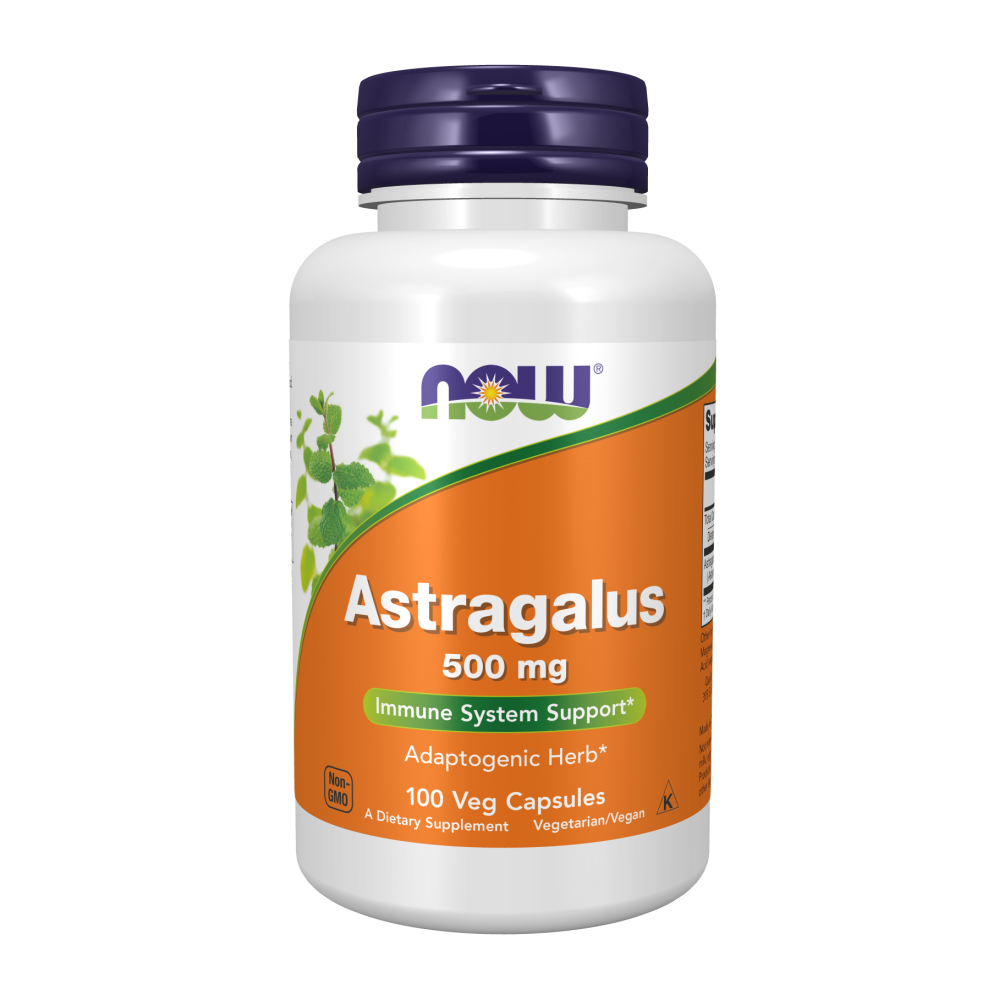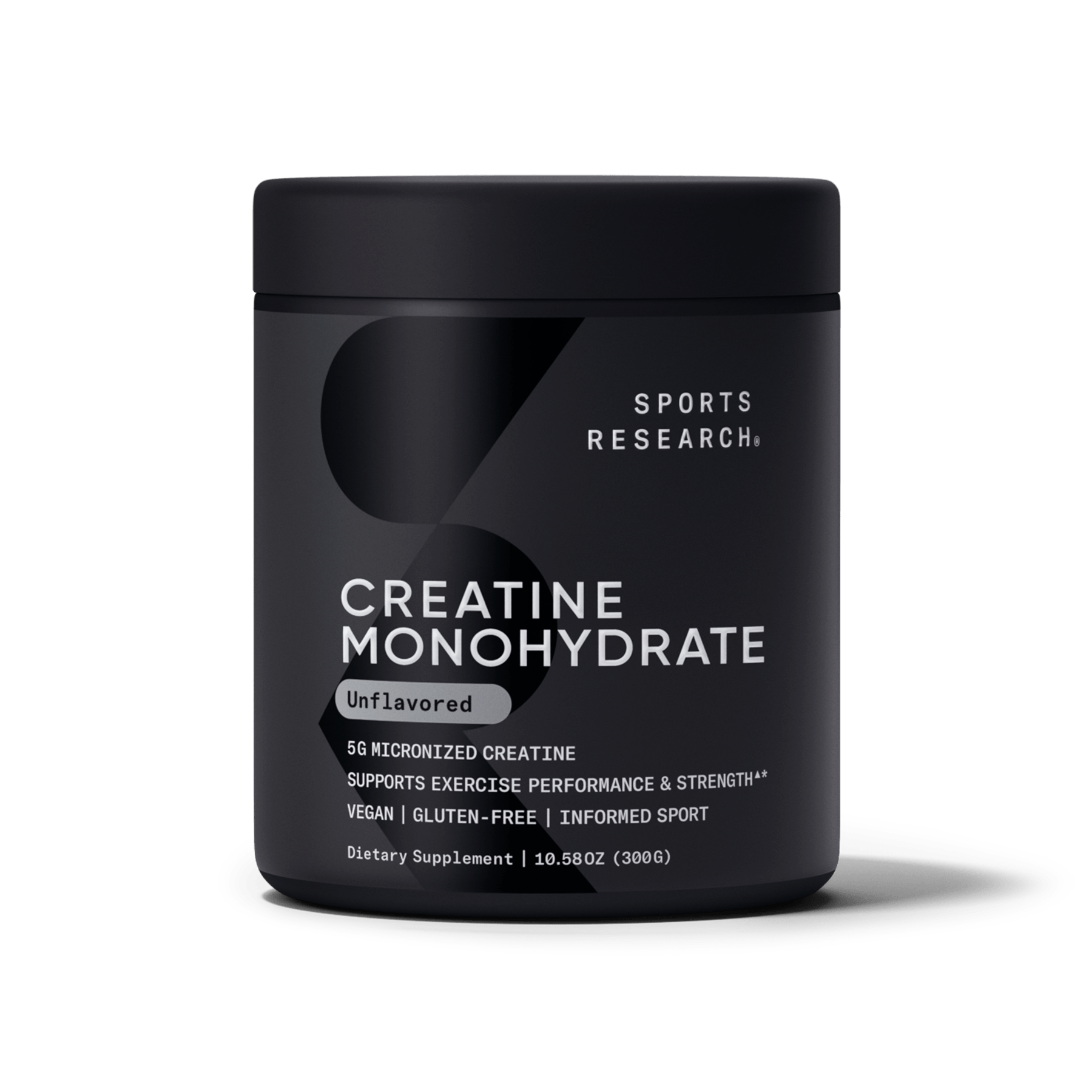
PEA is found in nearly all animal tissues, human breast milk, and many foods. Our body produces PEA to protect and repair tissues and minimize pain.Since its discovery in 1957, PEA has been studied extensively for its anti-inflammatory, neuro-protective and analgesic properties.* [1]
Side Effect Free
PEA occurs naturally in the body and in many foods. No side effects have been reported with its use, even at the highest doses. [2]
PEA has been shown to reduce pain for some individuals*
A meta-analysis of the pain reducing capability and safety of PEA comprised of 26 clinical trials and 1484 chronic pain patients.Those taking PEA reported pain levels an average of 2.7 points lower than the control groups after 60 days.* [3]
Click here to read the research >>

Reduction of pain intensity
In another observational study conducted on 610 patients who were unable to effectively control persistent pain with standard therapies, PEA (600 mg) was administered twice daily for 3 weeks followed by single daily dosing for 4 weeks, in addition to standard analgesic therapies or as single therapy.PEA significantly decreased the mean score pain intensity evaluated in all patients who completed the study and no adverse effects were reported.* [4]
Click here to read the research >>

PEA Supports Healthy Joints*
A double-blind placebo controlled study in adults with mild to moderate knee pain and stiffness with 111 participants randomized to receive 300 mg PEA, 600 mg PEA or placebo each day, in divided doses for 8 weeks. There was a significant reduction in pain, stiffness, and anxious feelings in the PEA groups compared to placebo.* PEA was well tolerated. [5]
Click here to read the research >>
PEA vs. NSAID for temporomandibular joint (TMJ) pain*
In a triple-blind randomized clinical trial conducted on 24 patients suffering from jaw (TMJ) pain and stiffness.Patients were randomly divided into two groups: half of them received PEA 300 mg in the morning and 600 mg in the evening for 7 days and then 300 mg twice a day for 7 more days. The other half received ibuprofen 600 mg three times a day for 2 weeks.
After 2 weeks of treatment pain and stiffness was reduced significantly more for the PEA group than the NSAID group. * [6]
Click here to read the research >>
PEA Supports Muscle Recovery
In this study of twenty-eight healthy, young male participants, results indicated PEA supplementation aids in muscle recovery.* [7]
Click here to read the research >>

Reduced pain and improved sleep quality
In a study of 42 patients awaiting surgery for nerve compression in the wrist, suffering from sleep disruption and painful symptoms and randomized into two groups. One group received palmitoylethanolamide (600 mg twice daily) during the pre- and post surgery periods, while the other group did not receive any treatment except surgical therapy.At the end of the pre-surgery period there was a highly significant improvement among the PEA group in overall sleep quality as well as a significant reduction of pain.* [8]
Click here to read the research >>

PEA Supports a Positive, Balanced Mood
This was a randomized double-blind, and placebo-controlled study of 58 patients with depressive symptoms.They were administered either PEA or placebo in addition to citalopram for six weeks.The PEA group demonstrated significantly greater improvement in depressive symptoms compared to the placebo group throughout the trial period.* [9]
Click here to read the research >>
1. Hesselink, J. M.. “Evolution in pharmacologic thinking around the natural analgesic palmitoylethanolamide: from nonspecific resistance to PPAR-α agonist and effective nutraceutical.” Journal of Pain Research 6 (2013): 625 - 634. https://api.semanticscholar.org/CorpusID:8705763
2. Gabrielsson L, Mattsson S, Fowler C. “Palmitoylethanolamide for the Treatment of Pain: Pharmacokinetics, Safety and Efficacy.” British Journal of Clinical Pharmacology 82.4(2016): 932–942.PMC. Web.18 Mar. 2018. https://www.ncbi.nlm.nih.gov/pmc/articles/PMC5094513/
3. Paladini A, et al.“Palmitoylethanolamide, a Special Food for Medical Purposes, in the Treatment of..." Pain Physician. 2016 Feb;19(2):11-24. https://www.painphysicianjournal.com/current/pdf?article=MjUxMw%3D%3D&journal=94
4. Gatti, Antonio et al. “Palmitoylethanolamide in the treatment of chronic pain caused by different etiopathogenesis.” Pain medicine (Malden, Mass.) vol. 13,9 (2012): 1121-30. doi:10.1111/j.1526-4637.2012.01432.x https://pubmed.ncbi.nlm.nih.gov/22845893/
5. Steels, Elizabeth et al. “A double-blind randomized placebo controlled study assessing safety, tolerability and efficacy of palmitoylethanolamide for symptoms of...” Inflammopharmacology vol. 27,3 (2019): 475-485. doi:10.1007/s10787-019-00582-9 https://pubmed.ncbi.nlm.nih.gov/30927159/
6. Marini, Ida et al. “Palmitoylethanolamide versus a nonsteroidal anti-inflammatory drug in the treatment of temporomandibular joint...” Journal of orofacial pain vol. 26,2 (2012): 99-104. https://pubmed.ncbi.nlm.nih.gov/22558609/
7. Mallard, Alistair et al. “The Effect of Orally Dosed Levagen+™ (palmitoylethanolamide) on Exercise Recovery in Healthy Males-A Double-Blind, Randomized, Placebo-Controlled Study.” Nutrients vol. 12,3 596. 25 Feb. 2020, doi:10.3390/nu12030596https://www.ncbi.nlm.nih.gov/pmc/articles/PMC7146510/
8. Evangelista, Maurizio et al. “Ultra-micronized Palmitoylethanolamide Effects on Sleep-wake Rhythm and Neuropathic Pain Phenotypes in Patients with...” CNS & neurological disorders drug targets vol. 17,4 (2018): 291-298. doi:10.2174/1871527317666180420143830 https://pubmed.ncbi.nlm.nih.gov/29676237/
9. Ghazizadeh-Hashemi, Maryam et al. “Palmitoylethanolamide as adjunctive therapy in major...” Journal of affective disorders vol. 232 (2018): 127-133. doi:10.1016/j.jad.2018.02.057 https://pubmed.ncbi.nlm.nih.gov/29486338/





